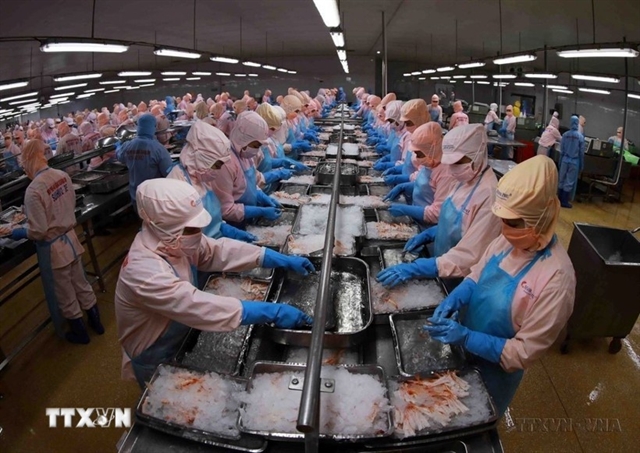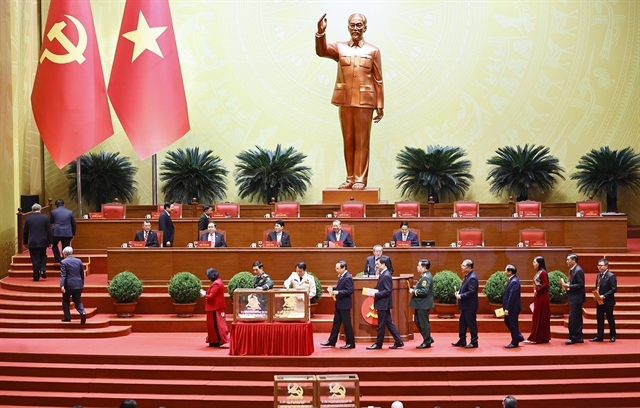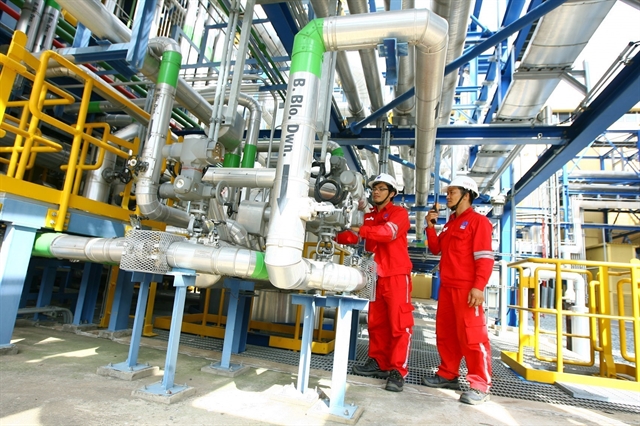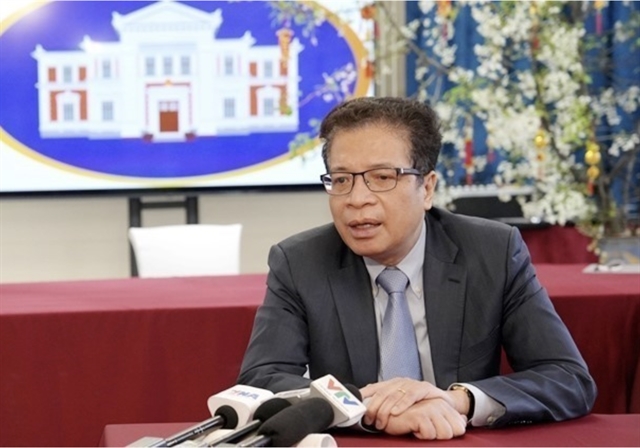 Opinion
Opinion
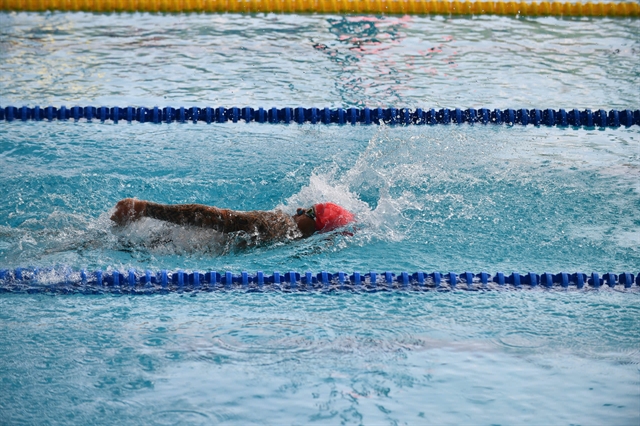
Lại Hồng Thanh, Deputy Director of the General Department of Geology and Minerals of Việt Nam, speaks to Nông thôn Ngày nay newspaper (Countryside Today) about challenges in mineral extraction in Việt Nam.
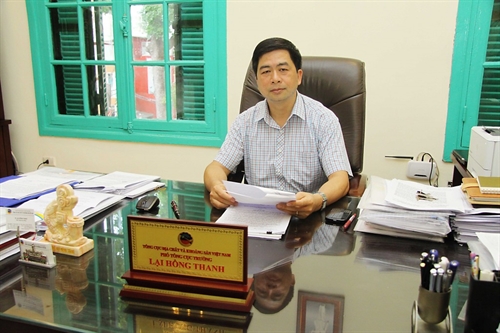 |
| Lại Hồng Thanh, Deputy Director of the General Department of Geology and Minerals of Việt Nam |
What was the response from the General Department of Geology and Minerals to the recent collapse of a gold mine in the northern Lào Cai Province?
Upon learning about the accident from social media, we immediately contacted the Lào Cai Department of Natural Resources and Environment to get further information about the accident and rescue efforts at the accident site.
We were informed that the Lào Cai Provincial Committee created an inspection team led by the committee chairman to go immediately to the site to give directions to rescue teams and try to find out what caused the accident.
According to a report from the Văn Bản District People’s Committee on August 23, typhoon Danmu hit the district August 19 and caused heavy rains in Mà Sa Phìn hamlet. As a result, heavy floods were reported in Nậm Xây Nọi and Nậm Xây Luông streams and swept away two workers and injured four others at the exploitation site of Vàng Nhẫn Company in Mà Sa Phìn hamlet, Nậm Xây Commune.
According to a report from Vàng Nhẫn Company, seven people have died - two of them were workers from the company - and four people were injured. However, the number of deaths and injuries reported by media is somehow different. So we have to wait for an official report from the provincial Department of Natural Resources and Environment to confirm the deaths and injuries from the incident.
Do you have any comment on Lào Cai authorities’ management of mineral mines in general and of gold mines in particular?
Lào Cai is a province with rich mineral resources, including gold, copper, steel, apatite and others. I would say the total budget collected from mineral resources in Lào Cai ranks second in the country (after Quảng Ninh Province). As a result, the Lào Cai Provincial People’s Committee has defined that the mineral extraction industry is a major driving force for the province’s socioeconomic development. As a result, the provincial authorities have given special attention to the management of mineral extraction and exploitation. All mineral extraction and exploitation activities in the province must be in line with the country’s Mineral Law and relevant legal documents.
I would say that the Lào Cai Provincial People’s Committee has done quite well with its assigned state management functions on mineral extraction and exploitation in the province.
However, some local authorities have certain limitations in their ability to manage mineral extractions and exploitations or to co-operate with concerned ministries, agencies and localities in accordance with the Law on Minerals.
In addition, illegal mineral extractions have been reported here and there, but local authorities seem to turn their heads. This has caused big anxiety for the general public.
Does the collapsed gold mine in Mà Sa Phin have a licence to operate?
No! The problem of illegal gold mining, particularly activities in Mà Sa Phin hamlet, have been going on for several years, in spite of big efforts from local authorities.
Do you have any comment on the State’s management of mineral extractions nationwide?
Generally speaking, State management of mineral extraction activities has achieved notable success nationwide. I would say this is an important contributing factor to our mineral extraction industry’s sustainable development. Currently, we have a good set of complete legal documents on the implementation of the Law on Minerals. In addition, we also have a strategy on mineral extraction by 2020 with a vision towards 2030. -- VNS

